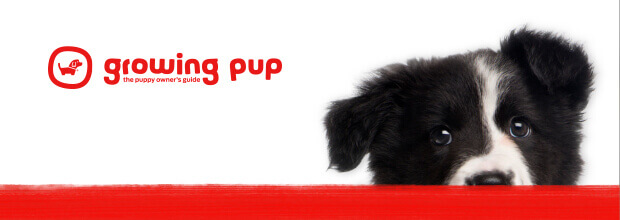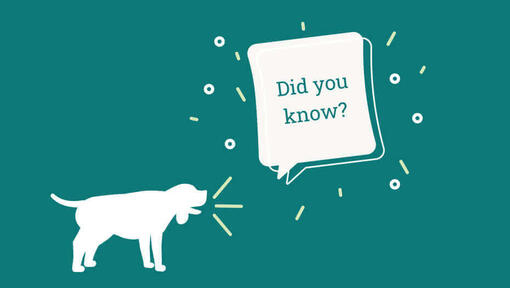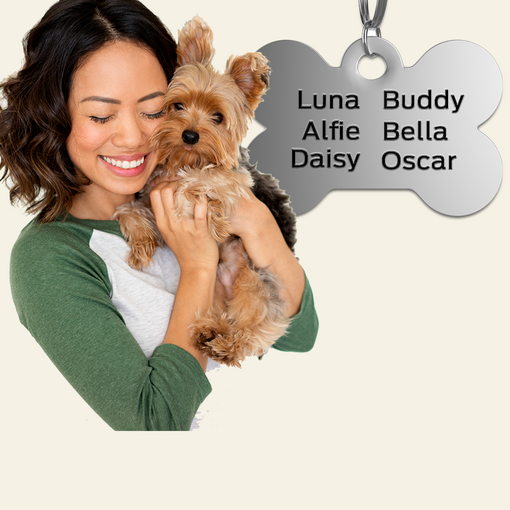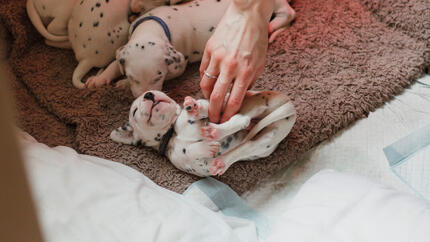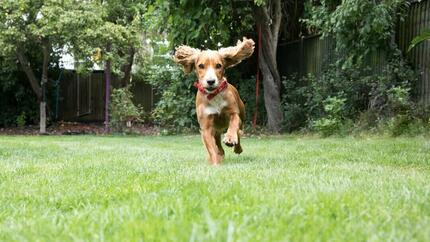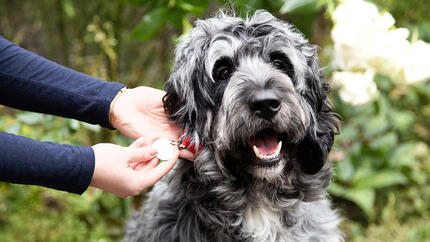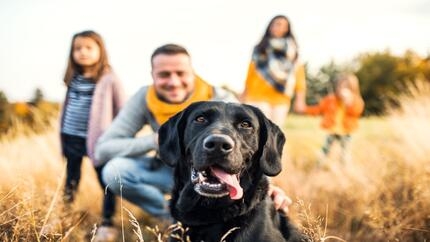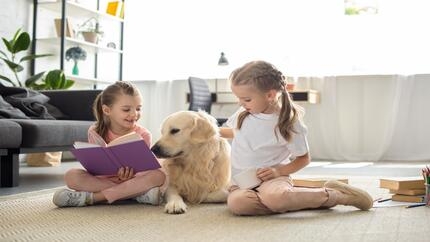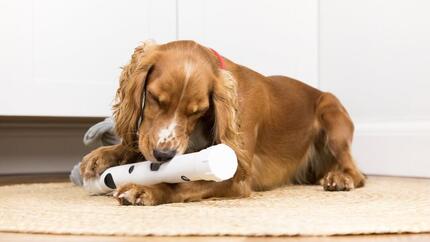History and Origins
Country of Origin: France
The Basset Hound originated in France where they were used to hunt rabbit, hare and wild boar, and the name ‘basset’ translates to ‘short’ or ‘low’.
Their history is somewhat accidental coming from short-legged mutations appearing in traditional scent hound breeds. Rather than rejecting these dogs, it became clear that they were useful for hunters who were following dogs on foot rather than horseback and couldn’t move as fast. Often this was because there was heavy cover where horses couldn’t go or else poverty following the French Revolution meant that many people could no longer afford horses.
The Basset Hound came to England in 1866 where it was crossed with the Bloodhound to give a heavier bodied version than the original French dog - and this is the Basset Hound we see today.



